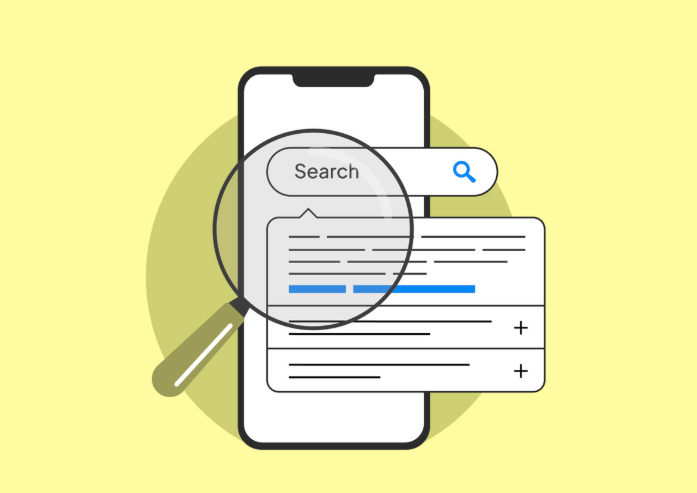If you’ve ever thought, “We’re ranking well…maybe we can pause SEO for a while,” you’re not alone. Many businesses make this decision once results start to look strong. The problem? SEO momentum doesn’t stop just because you do.
Search visibility is like fitness: it takes time to build and discipline to maintain. Once you stop, the decline is gradual, but very real.
At The Diamond Group, we help businesses build sustainable, compounding growth through SEO. Here’s what actually happens when you hit pause and why restarting later is harder (and more expensive) than you might think.
The Timeline: When Rankings Start to Slip
Stopping SEO doesn’t tank your rankings overnight, but search engines notice sooner than you think.
Here’s what typically happens:
- Month 1–2: Rankings might stay stable. Search engines still see your existing authority and content freshness.
- Month 3–4: Keyword positions begin to slide as competitors publish new content, earn backlinks, and update their sites.
- Month 5–6: Organic traffic begins to dip. Pages that once ranked on Page 1 may fall to Page 2 or lower.
- Month 6–12: Leads and conversions from organic sources slow significantly as visibility continues to drop.
According to Ahrefs, it takes an average of 3–6 months to see measurable SEO progress—meaning that the same amount of time (or longer) can be needed to recover once optimization stops.
Why Traffic Doesn’t “Bounce Back” Automatically
SEO isn’t a one-time project, it’s an ongoing system. Google’s algorithm rewards consistent updates, relevant content, and user engagement. When your site goes quiet, it signals inactivity.
That means:
- Fewer crawls from Google bots
- Declining click-through rates (as rankings slip)
- Loss of backlink momentum
- Less engagement from users who stop finding your site in search
Even if you resume SEO later, recovery takes time. You’re essentially starting from a weaker position, rebuilding authority while trying to catch up to competitors who never stopped.
Learn more from our blog on how search engines determine top-ranking blogs.
How Competitors Quietly Win While You’re on Pause
While your SEO efforts are on hold, your competitors are doing the opposite. They’re:
- Publishing new content that captures emerging keywords
- Earning backlinks from news, directories, and partnerships
- Optimizing for new search trends like voice and AI-assisted results
- Improving site performance (page speed, UX, mobile usability)
SEO is a zero-sum game. There are only so many Page 1 spots. When you step back, someone else steps in.
A Semrush study found that 68% of online experiences begin with a search engine, and the top three results capture over 50% of all clicks. Those top positions aren’t permanent, they belong to whoever is most active and relevant.
The Compounding Power of Consistency
SEO builds on itself. The more optimized content you publish, the more authority you earn and the easier it becomes to rank for future keywords.
When you stop, that compounding effect stalls. You’re no longer adding internal links, fresh pages, or new signals for Google to reward. Over time, your competitors’ newer, more active content replaces yours.
It’s the digital equivalent of compound interest: consistent investment leads to exponential growth, but stopping resets your trajectory.
See how our managed SEO services create long-term results.
What to Do Instead of Stopping SEO
If the budget or bandwidth is tight, don’t stop. You should scale back strategically instead. Here’s how:
- Focus on updating existing content instead of creating new pages
- Maintain technical health (fix broken links, update metadata, monitor site speed)
- Keep earning backlinks through partnerships or PR opportunities
- Continue tracking performance in tools like Google Search Console and HubSpot
Even light, ongoing activity keeps your site indexed, relevant, and competitive.
Final Thoughts: Momentum Is Everything
SEO success doesn’t happen in bursts, it’s the result of steady, consistent effort. When you stop, you don’t just pause progress, you invite decline.
The Diamond Group helps businesses build marketing systems that keep working in the background, driving traffic and leads month after month.
If your SEO has gone quiet—or you’re ready to rebuild lost momentum, our team can help you get back to the top. Explore our SEO services or connect with us to start growing again.
About The Diamond Group
The Diamond Group is a Wilmington, NC based digital marketing and web design agency committed to helping today's small businesses grow and prosper. With a 30-year track record of success, their proprietary in-house system and concierge-level multi-disciplinary team approach to marketing guarantees double-digital growth and optimizes marketing ROI.
Related Posts

Waiting On SEO Results? Here’s What You Can Actually Control
